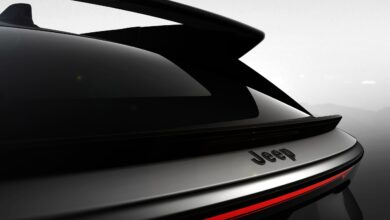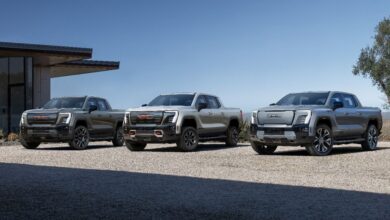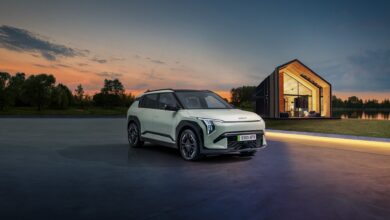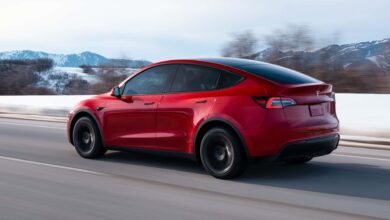Honda Canada picks Port Colborne, Ont., for next plant in EV supply chain

The next community set for a massive boost to its local economy as part of Honda Canada’s $15-billion investment to establish a Canadian electric vehicle supply chain will be Port Colborne, Ont.
Company executives are expected to join Prime Minister Justin Trudeau and Ontario Premier Doug Ford, as well as federal Innovation Minister François-Philippe Champagne and Ontario’s economic development minister, Vic Fedeli, and municipal leaders at an official announcement on Tuesday.
On April 25, Honda announced a major expansion of its original Canadian facility in Alliston, Ont., to both manufacture batteries and assemble electric vehicle versions of its top-selling brands. On the same day, Japan’s Asahi Kasei Corporation announced a new partnership with Honda to build Canada’s first-ever lithium ion battery separator plant in Ontario — but the municipality that was the successful bidder for this facility was not revealed.
iPolitics was the first to report that Honda would announce a facility in Ontario’s Niagara Region. Over the weekend, word spread on social media that Port Colborne was chosen. A senior government source confirmed the location to CBC News on Monday.
Asahi Kasei’s announcement last month said Honda’s partner is investing nearly $1.6 billion in this separator facility.
The federal and provincial governments each contributed $2.5 billion in tax credits and other government incentives to attract Honda’s business to Ontario amid fierce global competition for new electric vehicle manufacturing investments. The governments have yet to reveal what share of these incentives helped secure the Port Colborne plant specifically.
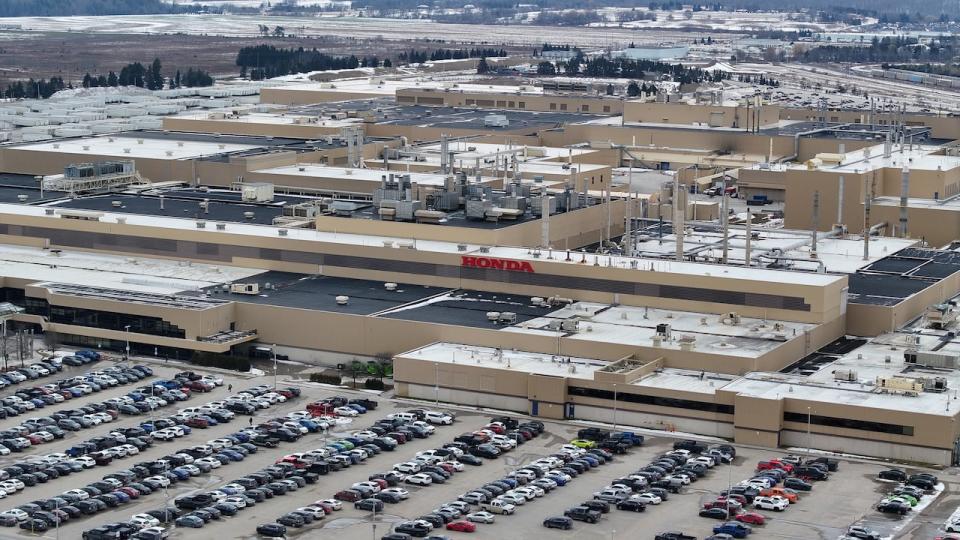

Honda Canada’s original footprint in Allison, Ont., will dramatically expand to include new electric vehicle assembly lines, as well its own battery manufacturing plant. Joint ventures in Port Colborne, Ont., and a second yet-to-be-announced municipality will feed into this supply chain. (Patrick Morrell/CBC)
Winnipeg was in the running to host the separator plant, touting Manitoba’s ability to provide renewable electricity and critical minerals. However, Manitoba’s capital was outbid by southwestern Ontario.
Quebec also missed out on a Honda manufacturing facility. When the company revealed last month that it would locate all of its new plants in Ontario, the Legault government complained the Japanese carmaker had become too greedy.
The other Ontario municipality that’s in line for a cathode active material and precursor (CAM/pCAM) processing plant, as part of a joint venture with South Korea’s POSCO Future M Co., Ltd., is expected to be announced by Honda in the coming weeks.
Amid rising concerns about the affordability of electric vehicles for consumers, Honda has predicted it will cut its battery-making costs by 20 per cent through the kind of vertically integrated supply chain it’s establishing in Ontario.
The province is already home to a ready network of automotive parts suppliers and offers a relatively clean electricity grid, as well as convenient highway and bridge access to its valuable American consumer market.
Canada and Japan are both members of the Comprehensive and Progressive Agreement for Trans-Pacific Partnership, a trade deal that allows for reciprocal labour mobility, as well as preferential tariff treatment for automotive parts and vehicles, if its requirements for regional manufacturing are satisfied.
